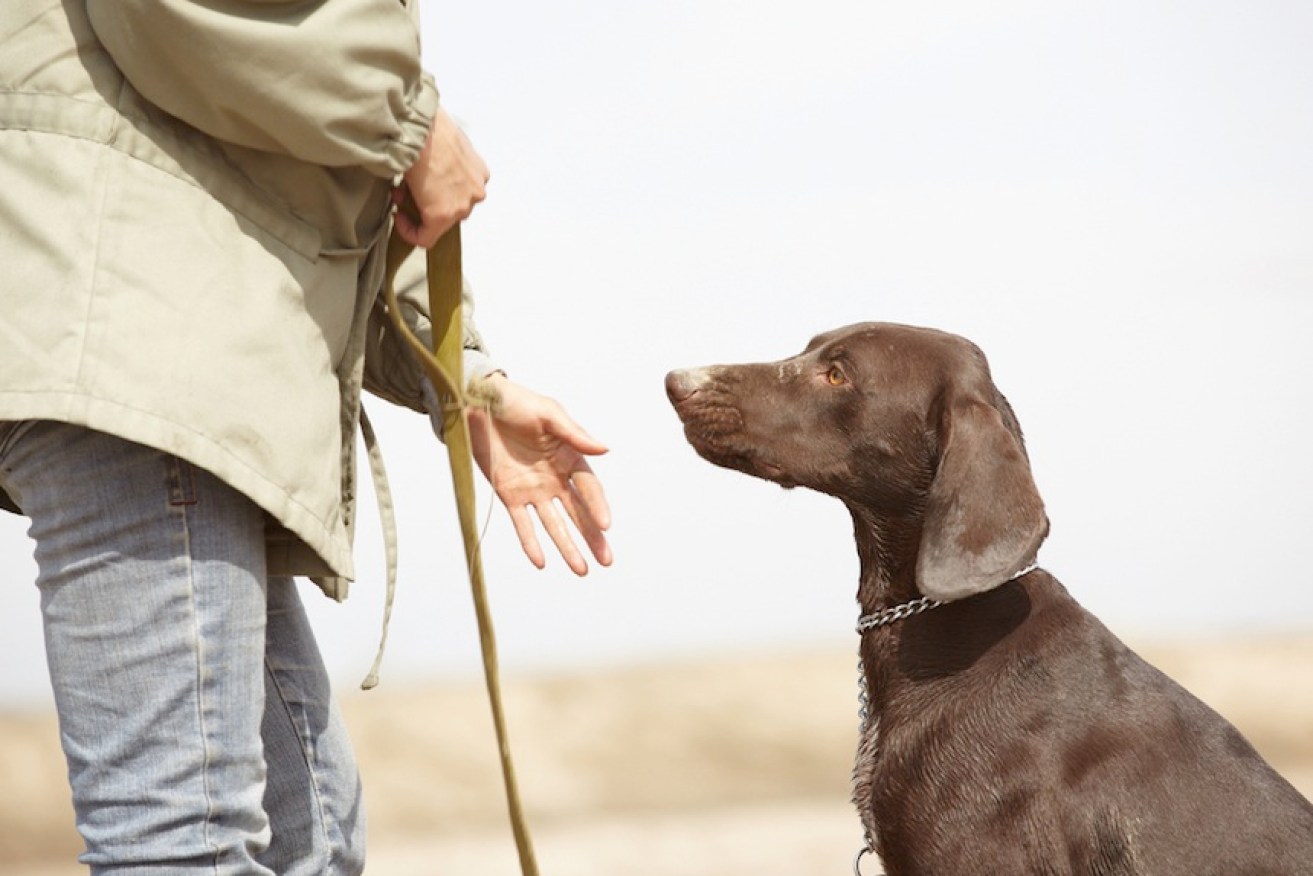If you want to avoid adopting a dog or cat that chews or scratches everything in sight, is far too needy and costs a fortune in vet bills, then breed should be carefully considered.
Bringing a living thing into your family is a great responsibility and it’s important that prospective pet owners don’t make choices they regret down the track.
Dr Chantelle McGowan, a veterinarian at Pascoe Vale Veterinary Hospital in Melbourne, tells The New Daily that lifestyle should play a big part in what pet you choose, especially if you are looking to buy a dog.
• The real cost of a summer pet
• Insurer milks profits from dead dog
• How much is too much to spend on your pet?
“Everyone should take a very honest look at their own lifestyle. There’s no point in trying to raise, for example, a Border Collie when you work 10 hours a day and won’t be able to walk their dog twice a day,” Dr McGowan says.
Not every cat or dog in the same breed is the same, but here are some types that, with good training, should be both cute and low maintenance.
King Charles Cavalier Spaniel

King Charles Cavalier Spaniel. Photo: Shutterstock
Temperament: friendly
Shedding: high
Energy levels: low
Size: small
These lovely spaniels make wonderful family pets, says Dr McGowan.
“They’re generally very happy-go-lucky, family-friendly dogs,” she says.
“Of course, they need their groom every now and then, but it’s not quite as intense as, say, a big and fluffy Border Collie or a little Poodle.”
Cavaliers do often suffer from a heart condition, but its onset is generally between seven and 10 years of age, which is around the time that other dogs suffer from age-related issues anyway.
Greyhound

Greyhound. Photo: Shutterstock
Temperament: chilled
Shedding: high
Energy levels: low
Size: medium to large
Adopted greyhounds are low maintenance and have a very relaxed temperament, says Dr McGowan.
“They are very, very chilled dogs. They are perfect for apartments, actually,” she says.
“They just don’t move around much.”
Because of their long noses and long legs, Greyhounds can have dental and leg problems, but few other issues.
“They are generally very healthy dogs,” Dr McGowan says.
If you’re looking for a smaller version, try the Italian Greyhound.
There are many popular Greyhound adoption programs as well, such as Amazing Greys and The Greyhound Adoption Program.
German Short-haired Pointer

German shorthaired pointer. Photo: Shutterstock
Temperament: gentle
Shedding: high
Energy levels: medium
Size: large
This pointer, typically a hunting dog, is placid, gentle and “a very under-utilised breed”, says Dr Karen Davies from Direct Vet Services in Point Cook.
“They are athletic when they want to be or when they need to be, and quite happy to go on the couch or sleep on the bed when they don’t need to be,” Dr Davies says.
The breed has far fewer inherited health issues than other large breeds, she says.
“They really are a great family member, and economically a pretty good proposition.”
Because they are a large dog used to hunting, the pointer is better suited to someone with a slightly more active lifestyle, without being an extremely needy big dog.
Poodle mixes

Labradoodle. Photo: Shutterstock
Temperament: laidback
Shedding: low
Energy levels: medium
Size: small to medium
Reservoir Veterinary Clinic’s Dr Suzanne Leibel tells The New Daily anything crossed with a poodle is a good all-rounder.
“They are low shedders, they tend to be quite nice little dogs, they don’t tend to be too snappy, and have minimal health problems,” Dr Leibel says.
Common mixes include:
• Labradoodle (Labrador + Poodle)
• Cavapoo (Cavalier + Poodle)
• Dalmadoodle (Dalmation + Poodle)
• Bassetoodle (Basset Hound + Poodle)
• Bordoodle (Border Collie + Poodle)
• Doxiepoo (Dachshund + Poodle)
• Foodle (Toy Fox Terrier + Poodle)
The humble moggie

Moggie cat. Photo: Shutterstock
Temperament: varies
Shedding: medium
Energy levels: varies
For cats, Dr Leibel’s main recommendation is just to get a rescue cat.
“Go a moggie every time, seriously,” she says.
“They tend to be the healthiest cats of all because they’re not bred for any specific thing and they tend to be very robust.”
Older cats are best because their temperament can be predicted.
“If you really want to guarantee temperament, pick a nice, slightly older, even one-year-old cat. Everyone wants the kittens, but if they are a year old and in a shelter or a foster care and they are happy, then they are bomb proof,” Dr Leibel says.
When you visit the shelter to rescue your new friend, avoid the anxious cats hiding in the corner of their cages and go for the moggie prancing around, Dr Leibel recommends.
“Only the very coolest of cats tend to be happy in that environment,” she says.
Devon Rex and Burmese

Devon Rex. Photo: Shutterstock
Temperament: friendly
Shedding: low
Energy levels: high
Dr Karen Davies, from Direct Vet Services in Point Cook, tells The New Daily while mixed-breed cats are robust and independent, these two breeds can have much more personality.
“If you’re just looking for a cat that wanders around the house and doesn’t need a lot, then your moggie is fine, but if you want someone to be at the door, having a chat, asking how your day was, telling you how theirs was, you really can’t go past the Devon Rex or the Burmese,” Dr Davies says.
Both breeds are “very dog-like”, don’t have a lot of hair, meow a lot, enjoy interaction with a family, and can be trained to sit, beg and retrieve.
“If you’re okay with that sort of lifestyle, if you don’t mind sharing, they are the perfect cat,” Dr Davies says.









